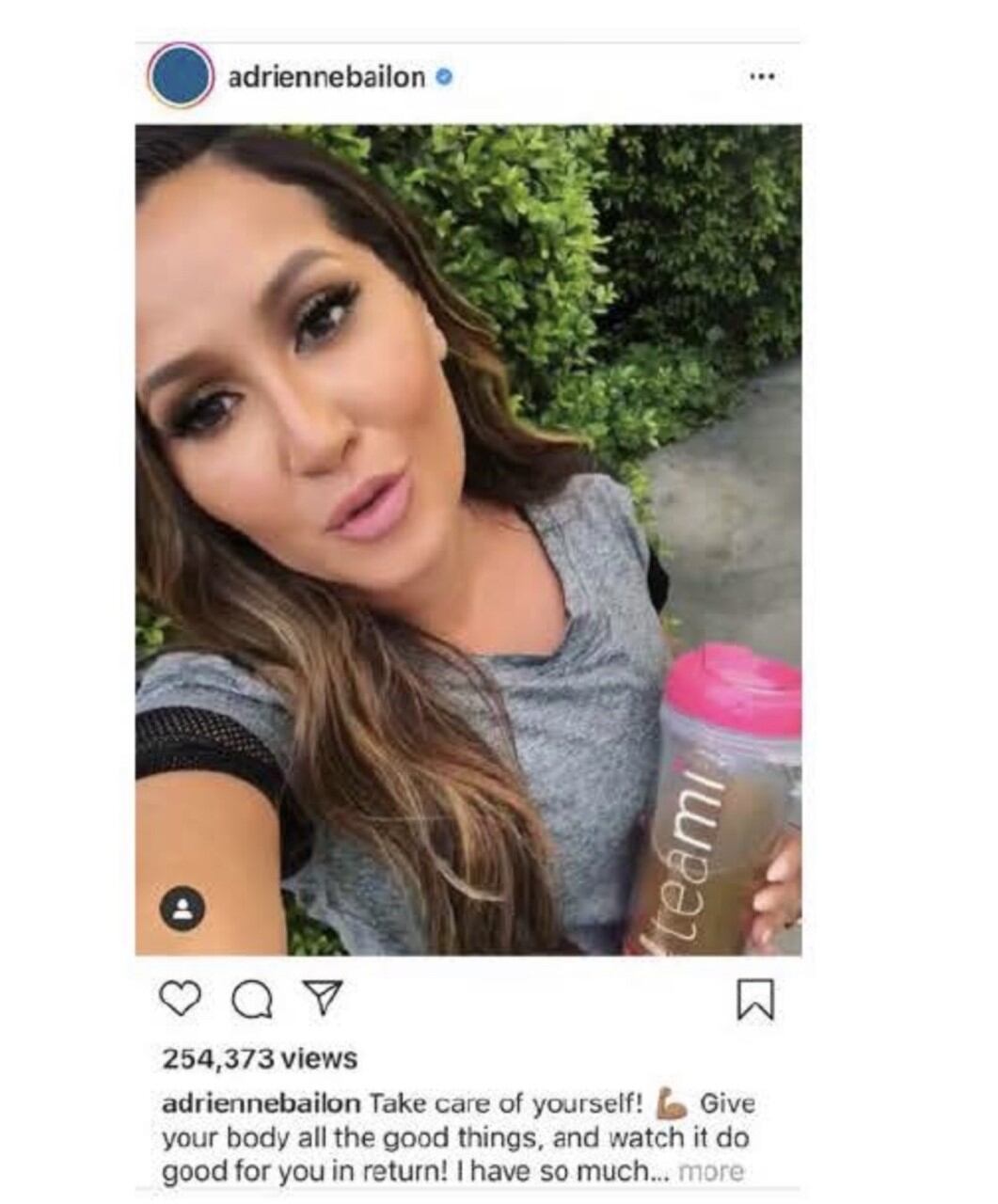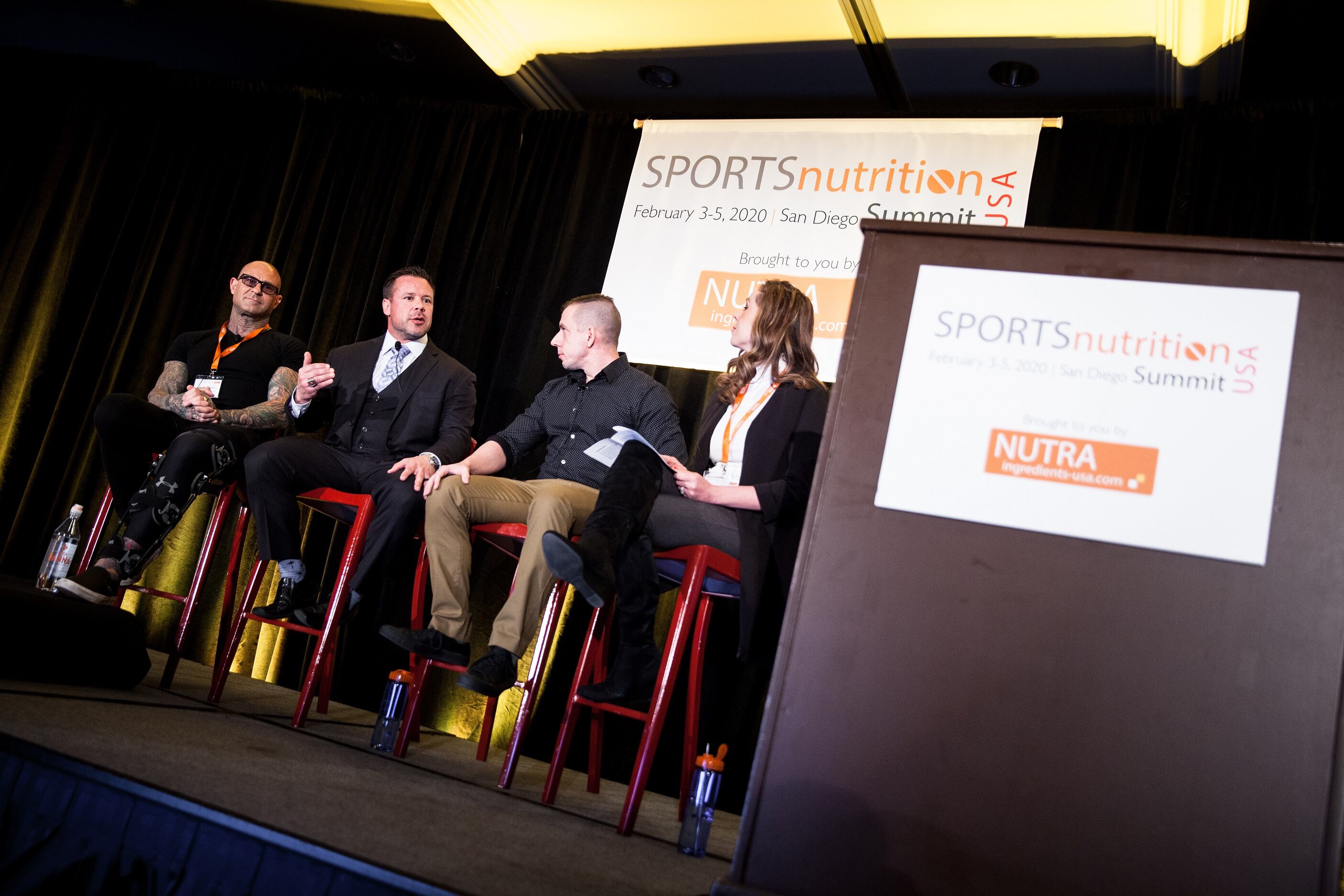The Federal Trade Commission recently started legal action against a detox tea company for making unsubstantiated health claims and paying influencers to post Instagram ads without disclosing that they were paid.
What the health
In the settlement, the FTC alleges that wellness company Teami, LLC, and its owners, CEO Adi Halevy and Yogev Malul, made deceptive health claims for its teas. According to the FTC, Teami claimed its teas could fight cancer, clear clogged arteries, relieve migraines, and prevent common colds and the flu.
The FTC claims the company did not have scientific evidence to make the health claims — as required by law. Some of the Teami products include teas like Teami Colon and Teami Skinny, as well as skincare products such as Teami Detox Mask.
Bad influencer
What’s more, the FTC wrote,“well-known influencers paid by Defendants to promote Teami teas and skincare products posted video endorsements on Instagram that did not disclose any connections between the endorsers and Defendants within the video itself.”

Under FTC regulations, financial relationships between influencers and brands must be disclosed.
Ten influencers received warning letters that instructed them to tell the FTC how they plan to properly disclose financial relationships in the future. These influencers include rapper Cardi B, singer Jordin Sparks, TV host Adrienne Bailon, actor Alexa PenaVega, model Brittany Renner, reality star Darnell Nicole, actor Jenicka Lopez, actor Leyla Milani, Instagrammer Princess Mae Love, and fitness influencer Katya Elise Henry.
While the agency did not bring formal charges against influencers, the FTC did threaten “legal enforcement action” in the future if their behavior did not change.
This marks the first time the FTC challenged claims made in social media endorsements about the effectiveness of health-related products.
Teami was ordered to pay a one-million dollar fine after reaching a settlement with the government. The FTC said that money will be distributed to certain Teami customers.
While undisclosed ads are common on Instagram, the FTC has only filed legal action against brands or advertising agencies, never the influencers promoting their products.
“Too widespread”
Michael Ostheimer, a staff attorney in the FTC’s division of advertising practices, told NutraIngredients-USA, “Influencer marketing is too widespread for us to monitor every influencer post, but we do engage in monitoring,” adding that, “Many individuals and entities bring problematic posts to our attention too.”
With the online advertising market on Instagram expected to reach more than $2.5 billion in 2020, Ostheimer told NutraIngredients-USA that it’s not just up to the influencers to be transparent, brands should also have a program in place for influencers they hire or provide incentives to.
Going back to school — on Instagram
One company is doing just that. Seed, a direct-to-consumer company, hopes to change online influencing as we know it, and require more from influencers than just an Instagram account and followers.

“We believe the onus of accountability is as much on us, as a company, as it is on the influencers, affiliates, ambassadors, partners, and amplifiers we work with,” Ara Katz, one of Seed's co-founders and CEOs, told NutraIngredients-USA.
Katz said the term ‘wellness’ has exploded, telling us that it is “propelling a category filled with misleading messaging, questionable products, hyperbolic claims, and a shift away from science. Misinformation, confounded by confirmation bias, spreads faster and deeper than truth—and this means misguided choices and misspent dollars that have the potential to compromise health.”
To combat this misinformation, Seed introduced an affiliate training seminar it calls Seed University. The running theme for the online program is ‘accountable influence’ — an idea that promotes the recognition of and responsibility for the effect posts have on others beliefs and behaviors. It also encourages learning and questioning before linking and sharing.
Seed University is an hour-long course that contains six units, designed to make science accessible and engaging. It covers the science behind probiotics, such as bacteria, the microbiome, and human biology. The last unit is all about the FTC’s endorsement guide, specifically the ways in which a partner must disclose a financial relationship with a brand.

The free courses are all available as Instagram stories on the Seed University Instagram page. Any prospective Seed partners are required to complete all six units and pass a final exam before publishing an #accountable #ad.
The FTC wants to hear from you
In February, the FTC announced that it was formally seeking public comment on whether to make changes to the Endorsement Guides, with a notice in the Federal Register asking for submissions by April 21, 2020. While most of the inquiries focused on more general questions, a number of them did zero in on advertising on social media, how to disclose material connections between an advertiser and an endorser, as well as authenticity of online review processes and affiliate marketing.
Attorney Darren S. Cahr, writing for the National Law Review, asked, “These questions get at the heart of the issue: As the line between content and branded communication becomes increasingly difficult to discern – or even irrelevant – how can the FTC protect consumers from deceptive advertising? When anyone can be anyone else on the internet, how can identity be authenticated, and how can authentic messages be verified? And are the Guides a proper vehicle to accomplish that goal when the technology used to communicate to consumers changes so rapidly?"
Influence the digital ecosystem
Cahr added that now is the time for any company, agency, or influencer with a role to play in the digital advertising ecosystem to participate in the process. “The FTC’s comment period is open until April 21, and while the FTC has extraordinary resources, it cannot know your business as well as you do. This is an important opportunity for companies to shape the rules that will serve as guidance for their own regulation for many years to come, and the remedies in the consent decrees of tomorrow may be driven by the comments submitted today," he wrote.
With so many questions up in the air, perhaps other brands could take a few notes out of the Seed U playbook.
“We received hundreds of applications from partners eager to learn and share with their communities. Each day, partners are learning before they link. And because we open source the program, we’ve had a number of brands reach out about implementing something similar themselves,” Katz told NutraIngredients-USA.




